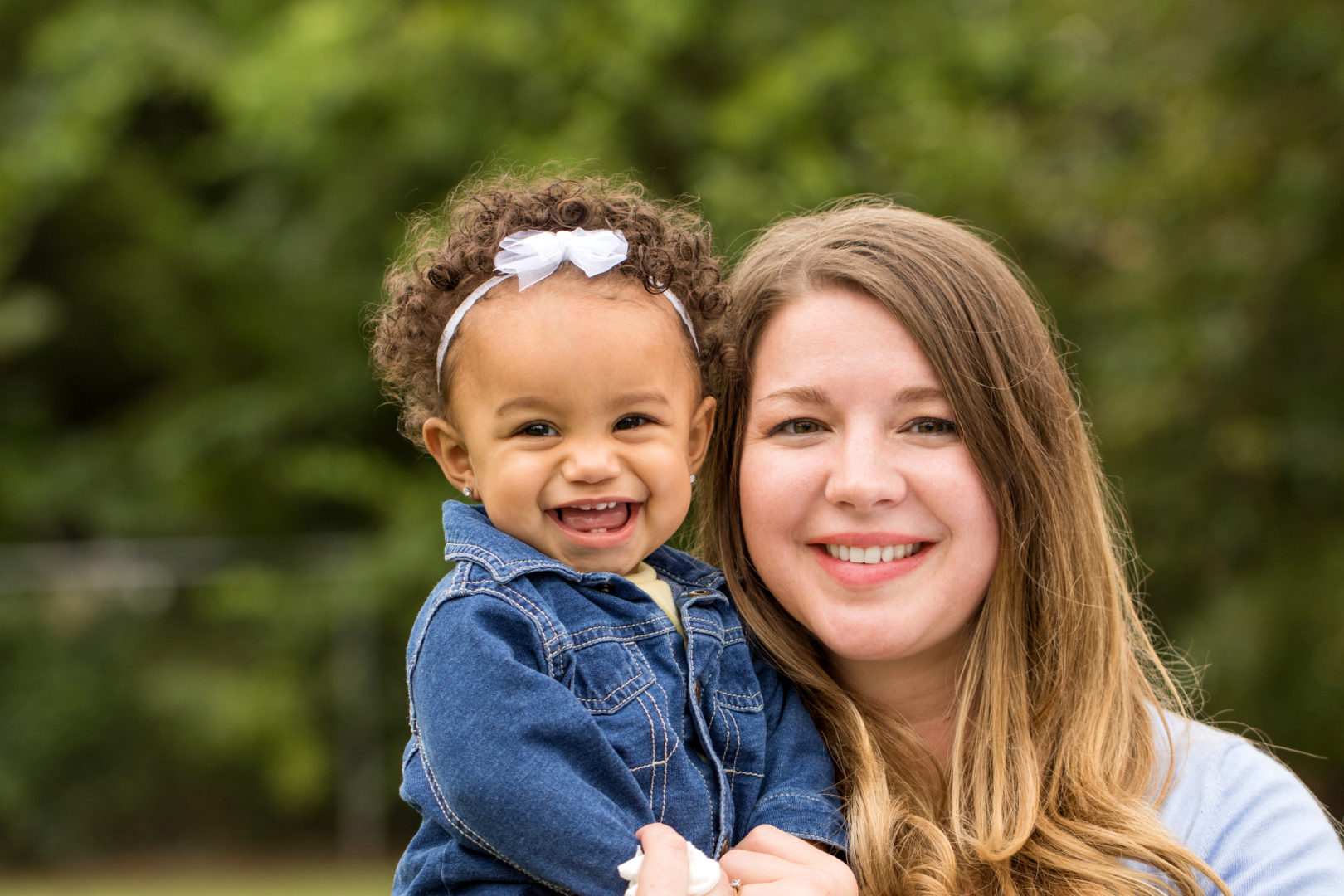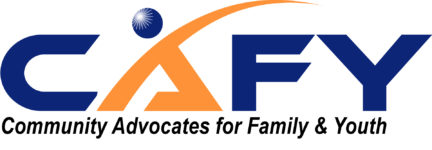- Most often, sexual abusers know the child they abuse but are not relatives. In fact, about 60% of perpetrators are nonrelative acquaintances, such as a friend of the family, babysitter, or neighbor.
- About 30% of those who sexually abuse children are relatives of the child, such as fathers, uncles, or cousins.
- Strangers are perpetrators in about 10% of child sexual abuse cases.
- Men are found to be perpetrators in most cases, regardless of whether the victim is a boy or a girl. However, women are found to be perpetrators in about 14% of cases reported against boys and about 6% of cases reported against girls.
- Child pornographers and other perpetrators who are strangers now also make contact with children using the Internet.
What can parents and caretakers do to help keep children safe?
Talk to your children about good touches and bad touches. Tell the child that if someone tries to touch his or her body and do things that make the child feel uncomfortable, he or she should say NO and tell you about it right away.
Let children know that they have the right to forbid others to touch their bodies in a bad way. Let them know that respect does not always mean doing what those in authority tell them to do. Do not tell them to do EVERYTHING the babysitter or group leader tells them to do.
Alert your children that perpetrators may use the Internet, and monitor your children’s access to online websites.
Most importantly, provide a safe, caring environment so children feel able to talk freely about sexual abuse.
What should parents and caretakers do if they suspect abuse?
- If a child says she or he has been abused, try to remain calm.
- Reassure the child that what has happened is not his or her fault.
- Seek a medical examination and psychological consultation immediately.
- Know that children can recover from sexual abuse, particularly if they have the support of a caring, available parent.
- Get help yourself. It is often very painful to acknowledge that your child has been sexually exploited. Parents can harm children further if they inappropriately minimize the abuse or if they harbor irrational fears related to the abuse. Therapy can help caretakers deal with their own feelings about the abuse so that they are able to provide support to their children


 Follow
Follow




